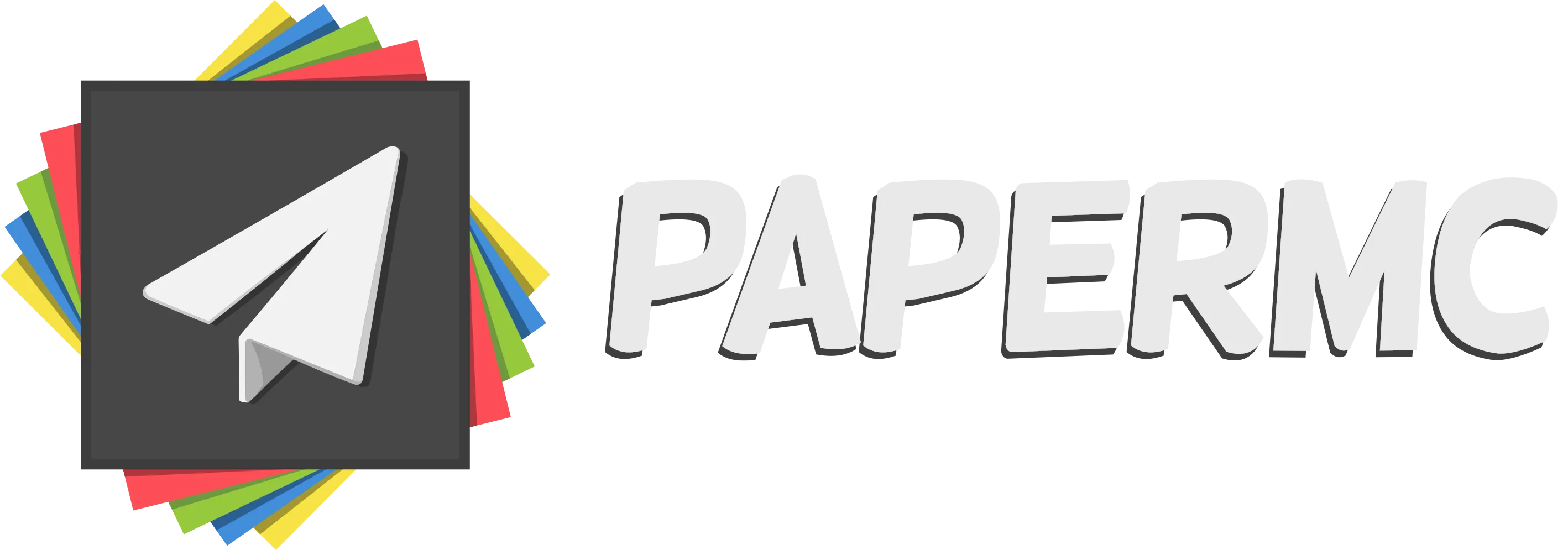Persistent data container (PDC)
The Persistent Data Container (PDC) is a way to store custom data on a whole range of objects; such as items, entities, and block entities. The full list of classes that support the PDC are:
What is it used for?
Section titled “What is it used for?”In the past, developers resorted to a variety of methods to store custom data on objects:
- NBT tags: Requires reflection to access internals and was generally unreliable in the long term.
- Lore and display names: Prone to collisions as well as slow to access.
The benefit of the PDC is that it allows for a more reliable and performant way to store arbitrary data on objects. It also doesn’t rely on accessing server internals, so it’s less likely to break on future versions. It also removes the need to manually track the data lifecycle, as, for example with an entity, the PDC will be saved when the entity unloads.
Adding data
Section titled “Adding data”To store data in the PDC, there are a few things you need first. The first is a NamespacedKey,
which is used to identify the data. The second is a PersistentDataContainer,
which is the object you want to store the data on. The third is the data itself.
NamespacedKey key = new NamespacedKey(pluginInstance, "example-key"); // Create a NamespacedKeyWorld world = Bukkit.getServer().getWorlds().getFirst();
PersistentDataContainer pdc = world.getPersistentDataContainer();pdc.set(key, PersistentDataType.STRING, "I love tacos!");ItemStack however doesn’t have this method and instead requires you to use its builder-style consumer:
NamespacedKey key = ...;
// For 1.20.4 and below, use 'new ItemStack(Material.DIAMOND)' insteadItemStack item = ItemStack.of(Material.DIAMOND);item.editPersistentDataContainer(pdc -> { pdc.set(key, PersistentDataType.STRING, "I love tacos!");});Getting data
Section titled “Getting data”To get data from the PDC, you need to know the NamespacedKey and the PersistentDataType of the data.
Some API parts, such as Adventure’s Component.text(String), require non-null values. In such cases, use the getOrDefault on the pdc instead of get, which is nullable.
NamespacedKey key = ...; // Use the same key as the adding-data exampleWorld world = ...; // Use the same world as the adding-data example
PersistentDataContainer pdc = world.getPersistentDataContainer();
// Utilize the data from the PDCString value = pdc.getOrDefault(key, PersistentDataType.STRING, "<null>");
// Do something with the valueplayer.sendPlainMessage(value);Data types
Section titled “Data types”The PDC supports a wide range of data types, such as:
Byte,Byte ArrayDoubleFloatInteger,Integer ArrayLong,Long ArrayShortStringBooleanTag Containers- a way to nest PDCs within each other. To create a newPersistentDataContainer, you can use:// Get an existing containerPersistentDataContainer container = ...;// Create a new containerPersistentDataContainer newContainer = container.getAdapterContext().newPersistentDataContainer();Lists- a way to represent lists of data that can be stored via another persistent data type. You may create them via:// Storing a list of strings in a container by verbosely creating// a list data type wrapping the string data type.container.set(key,PersistentDataType.LIST.listTypeFrom(PersistentDataType.STRING),List.of("a", "list", "of", "strings"));// Storing a list of strings in a container by using the API// provided pre-definitions of commonly used list types.container.set(key, PersistentDataType.LIST.strings(), List.of("a", "list", "of", "strings"));// Retrieving a list of strings from the container.List<String> strings = container.get(key, PersistentDataType.LIST.strings());
Custom data types
Section titled “Custom data types”You can store a wide range of data in the PDC with the native adapters; however, if you need a more complex data type, you can
implement your own PersistentDataType and use that instead.
The PersistentDataType’s job is to “deconstruct” a complex data type into something that is natively supported (see above) and then vice-versa.
Here is an example of how to do that for a UUID:
@NullMarkedpublic class UUIDDataType implements PersistentDataType<byte[], UUID> {
public static final UUIDDataType INSTANCE = new UUIDDataType();
// We just need a singleton, so there's no need to allow instantiation private UUIDDataType() {}
@Override public Class<byte[]> getPrimitiveType() { return byte[].class; }
@Override public Class<UUID> getComplexType() { return UUID.class; }
@Override public byte[] toPrimitive(UUID complex, PersistentDataAdapterContext context) { ByteBuffer bb = ByteBuffer.allocate(Long.BYTES * 2); bb.putLong(complex.getMostSignificantBits()); bb.putLong(complex.getLeastSignificantBits()); return bb.array(); }
@Override public UUID fromPrimitive(byte[] primitive, PersistentDataAdapterContext context) { ByteBuffer bb = ByteBuffer.wrap(primitive); long firstLong = bb.getLong(); long secondLong = bb.getLong(); return new UUID(firstLong, secondLong); }}Read-only containers
Section titled “Read-only containers”Certain classes, like ItemStack or OfflinePlayer, provide a read-only view of their PDC.
In contrast to ItemStack, OfflinePlayer does not provide any way to modify the underlying container.
This is because the OfflinePlayer is directly read from disk and would require a blocking file operation.
Mutable objects, like the PersistentDataHolder#getPersistentDataContainer(), generally need to be re-saved even without modification or monitored.
That’s why it’s better to use unmodifiable “views” for read-only operations.
NamespacedKey key = ...;ItemStack item = ...;
PersistentDataContainerView pdcView = item.getPersistentDataContainer();
// Utilize the data from the PDC "view"String value = pdcView.getOrDefault(key, PersistentDataType.STRING, "<null>");
// Do something with the valueplayer.sendPlainMessage(value);Storing on different objects
Section titled “Storing on different objects”Objects that can have a PDC implement the PersistentDataHolder interface
and their PDC can be fetched with PersistentDataHolder#getPersistentDataContainer().
-
-
The persistent data container of an
ItemStackhas historically been accessed by theItemStack’sItemMeta. This, however, includes the overhead of constructing the entireItemMeta, which acts as a snapshot of theItemStack’s data at the point of creation.To avoid this overhead in 1.21.1+, ItemStack exposes a read-only view of its persistent data container at
ItemStack#getPersistentDataContainer(). Edits to the persistent data container can also be simplified in 1.21.4+ usingItemStack#editPersistentDataContainer(java.util.function.Consumer). The persistent data container available in the consumer is not valid outside the consumer.ItemStack itemStack = ...;itemStack.editPersistentDataContainer(pdc -> {pdc.set(key, PersistentDataType.STRING, "I love tacos!");});
-
-
Chunk#getPersistentDataContainer()
-
World#getPersistentDataContainer()
-
Entity#getPersistentDataContainer()
-
- This is slightly more complicated, as you need to cast the block’s state to something that extends
TileState. This does not work for all blocks, only those that have a block entity.Block block = ...;if (block.getState() instanceof Chest chest) {chest.getPersistentDataContainer().set(key, PersistentDataType.STRING, "I love tacos!");chest.update();}
- This is slightly more complicated, as you need to cast the block’s state to something that extends
-
Structure#getPersistentDataContainer()
-
GeneratedStructure#getPersistentDataContainer()
-
Raid#getPersistentDataContainer()
-
- OfflinePlayer only exposes a read-only version of the persistent data container.
It can be accessed via
OfflinePlayer#getPersistentDataContainer().
- OfflinePlayer only exposes a read-only version of the persistent data container.
It can be accessed via
-
ItemMeta#getPersistentDataContainer()

